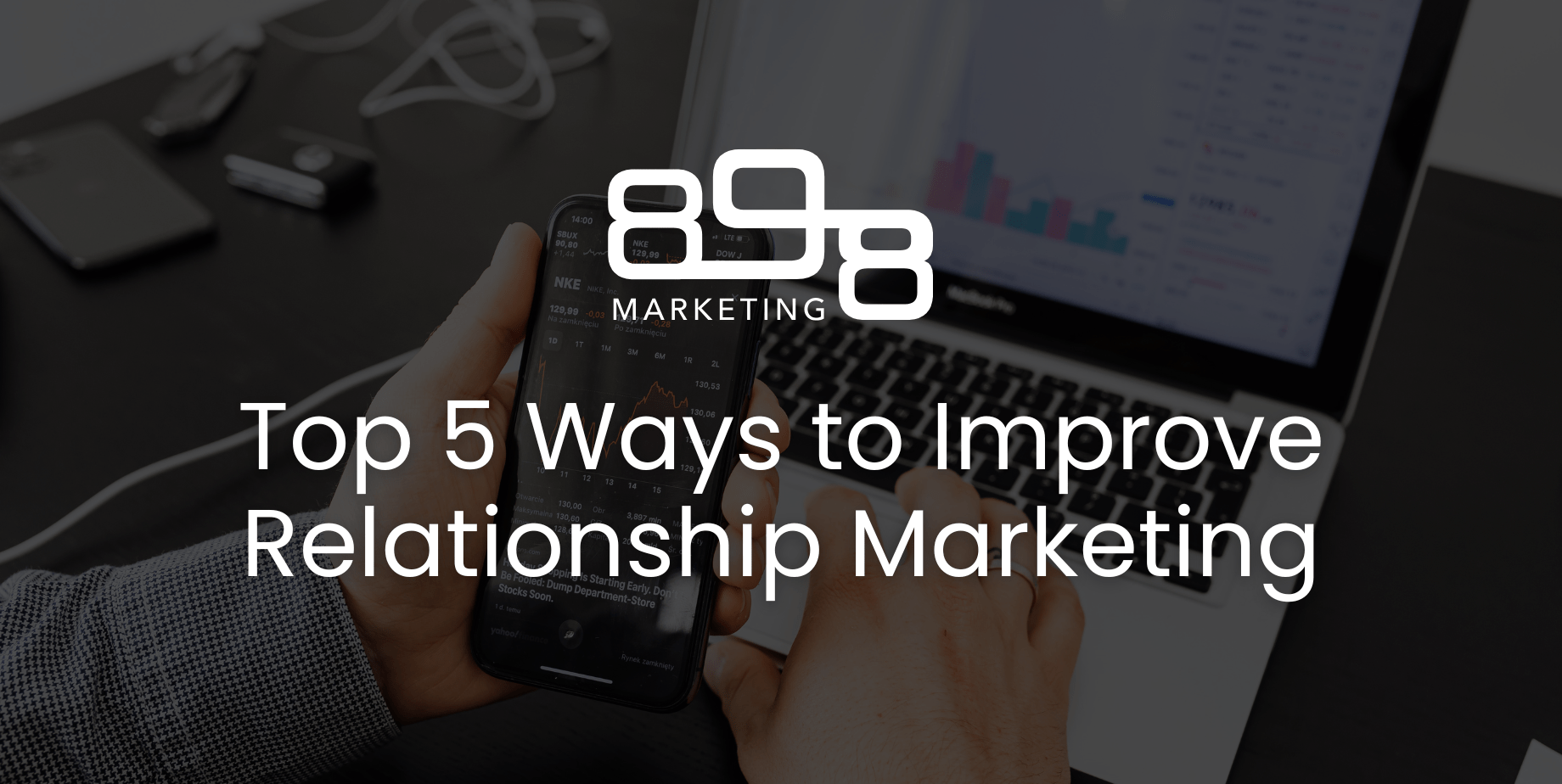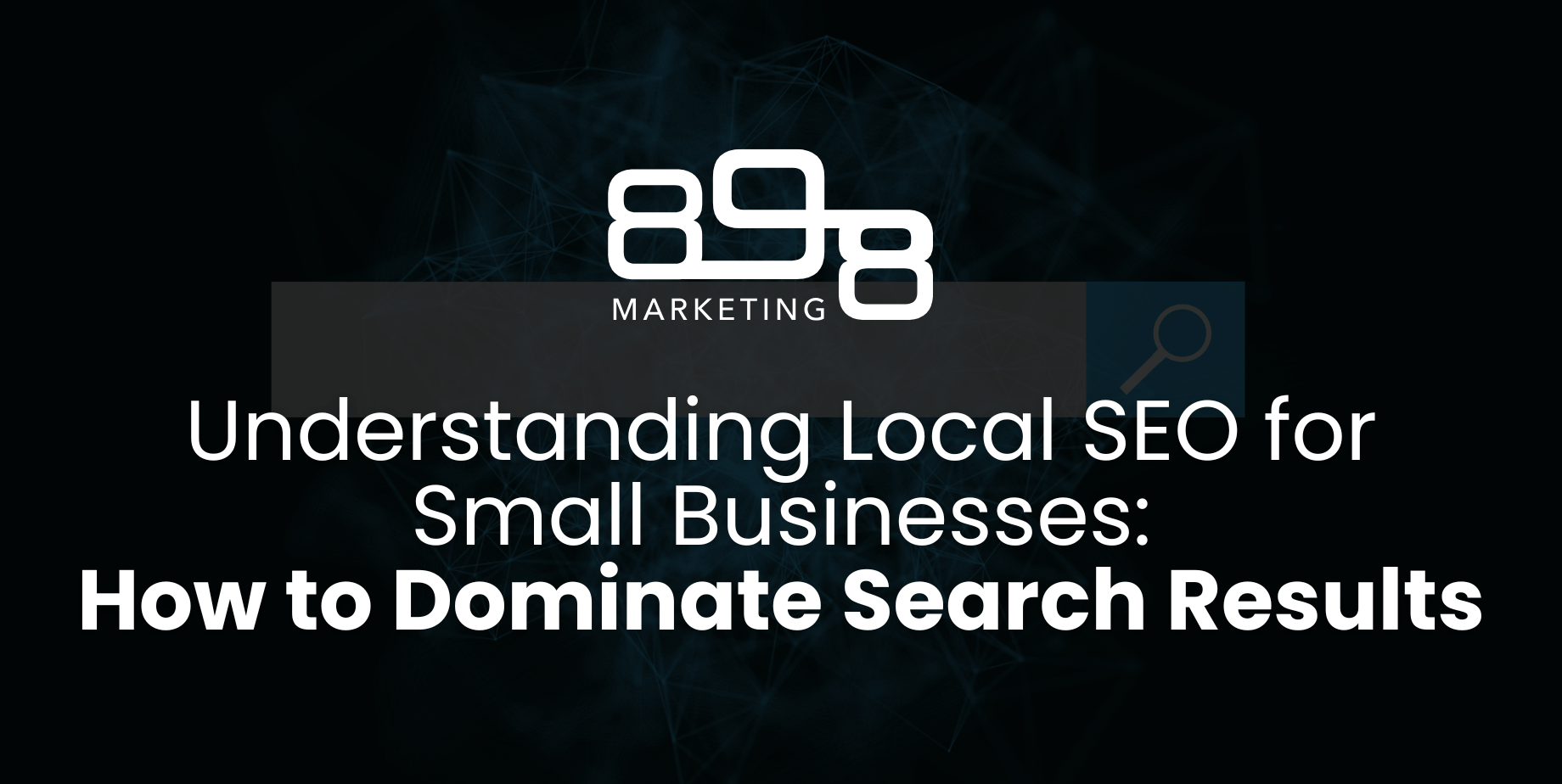
3 Benefits of Using Social Media for Your Business
- Lexi Marco
- March 24, 2022
- Uncategorized
- 0 Comments
Are you using social media to your advantage?
If you’re not using social media to promote your business, you may be missing out on opportunities to hit your target audience, promote organically and engage with your consumers. Social media can often be thought of as “trendy” or only good for a niche audience; however, social media is here to stay and will only benefit your business in the short and long term.
It’s true — social media can be more beneficial to some businesses than others, but that shouldn’t stop you from incorporating social profiles and tactics into your marketing strategy. Let’s say you own a furniture store that relies heavily on walk-in traffic for sales. Of course, you’ll most likely advertise on local T.V. stations and even print newspapers to increase the foot traffic to your store.
With the addition of social media, however, you can post new arrivals, sales and salesperson profiles to further engage your audience and attract buyers who may not have felt comfortable walking into a store they’re unfamiliar with. Let’s take a look at further examples and strategies of how social media can be used to benefit your business.

Attract different audiences
Attracting your typical, repeat consumers and bringing in new business are both important to any brand. As a business owner, you want to keep your current consumers happy, but you should also value new business and the potential to sway someone to purchase your product over your competitors. Using social media to attract target audiences can be done with the use of:
- Hashtags: Using relevant, concise hashtags on each post (specifically on Instagram) can help your posts show up on the “popular page” or through direct hashtag searches.
- Tagging your location: Simply adding a location to your posts helps draw in audiences who may not normally come across your posts. Tag the city your business is located in to be seen by local consumers.
- Instagram and Facebook stories: Instagram and Facebook both offer a story feature to post more engaging content for 24 hours at a time. You may find this useful if you are looking to increase your social media engagement or interact with your consumers more. These stories can also appear on popular pages for people who do not currently follow your brand.
Create brand loyalty
Brand loyalty can be crucial to keeping businesses afloat in a competitive market. Just as we previously mentioned, it is just as important to keep consumers coming back as it is for bringing in new business. There are a few different types of brand loyalty we like to recognize: heart, head and hand. Let’s break those down:
- Emotional loyalty: Emotional loyalty can be thought of as purchasing with your heart. Companies with a core mission to serve or giveback are typically the brands consumers choose with their heart. They have a connection with the brand due to how they donate or give back to the community. Consumers may also have an emotional loyalty if they have been purchasing the same product or brand for a long period of time. An interesting example of heart loyalty would be a fan who roots for the same sports team every year, even though the team is a constant let down.
- Habitual loyalty: This type of loyalty may also be referred to as “head” loyalty. Consumers make buying decisions based on logic or convenience. There’s no emotional ties to this consumer’s choices, so they may be swayed easier if there is a more convenient location or better option for their needs.
- Transactional loyalty: Loyalty programs play a big role in these buyers’ decisions. Buyers look for the best deal, coupons or attempt to earn points on their purchases and typically seek out brands with these benefits.
Social listening
Whether the word on the street about your brand is good or bad, you definitely want to be paying attention to your consumers. Consumers turn to social media for both positive and negative reviews on products, brands and experiences.
Practicing social listening helps to monitor what may need to be improved within your company. Social listening also allows companies to track success and failures of similar brands to see what is working and what is not. It can help to know what the community surrounding your brand is saying, such as capturing their wants and needs from businesses like yours.

How to practice social listening:
- Get familiar with social listening tools like Google Analytics, SproutSocial and Hootsuite, to name a few. These tools can help you monitor what your brand community is saying as well as analyze your rank among top competitors.
- Keep an open mind. You may not expect consumers to rank your competitors higher than you, or you may be surprised by the amount of issues consumers have experienced with your brand. Listening to consumer feedback can help alter your business in ways that will most benefit your consumers.
- Check in regularly. Having a social media professional monitor your platforms for you can save you the time and headache it may take for you to understand exactly what you’re dealing with. Rankings and conversations can change everyday, so it is important to check in on your social listening every day.
So, have you been using social media to your advantage?
Social media can be intimidating to some business owners who are not necessarily technologically savvy. But, with proper techniques and tactics, your social following and engagement can skyrocket. Stary by implementing these few tips into your everyday social strategy to increase traffic, purchases, awareness or whatever your business’s goal is.







Recent Comments